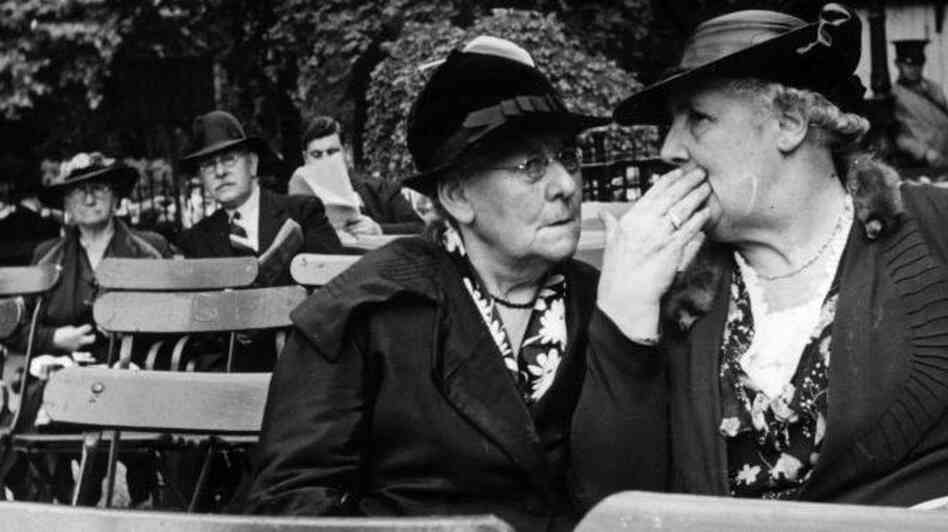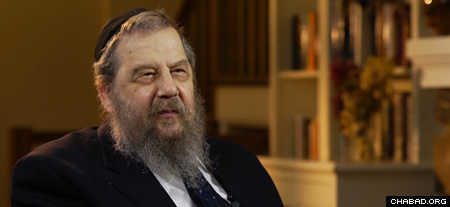Rabbi Immanuel Schochet of blessed memory was not someone I
knew on a personal level, yet during the 4 years I spent in the yeshivah in
Toronto I had the opportunity to hear and observe him quite a bit.
He was a very independent thinker. At the same time he was a strong and passionate
chossid of the Lubavitcher Rebbe. What
was unique was that his independent thinking was a part of his relationship
with the Rebbe.
I know I am treading on thin
ice here, so I will try to do it carefully.
Rabbi Manis Friedman likes to relay the following talk of
the Rebbe that framed his understanding of what it means to be a ‘follower’ of
the Rebbe. The Rebbe was raving about
the fact that finally a chossid did something without asking him. He was not happy that most chassidim asked the
Rebbe’s opinion before they make any move.
He wanted that chassidim should reach a level where they internalize what
is right and wrong and make their own decisions. After they made their decision they can then ask
for the Rebbe’s blessing.
Rabbi Schochet spoke and lived a life where he was not the
Rebbe’s puppet or parrot. He questioned,
he asked, he didn’t just blindly follow like a fish. At the end he surrendered to the Rebbe’s will,
but not until he did his part in internalizing the message.
One story that brings out this point happened when he was
bochur learning in 770. Usually one was
only able to go into the Rebbe’s study once or twice a year on a birthday or a
very special occasion like a bar mitzvah or wedding, and even this only after
booking months in advance. There were a
few exceptional individuals that had an open door policy, and they were able to
come and go into the Rebbe whenever they wanted. Rabbi Schochet was one of those – even as a
bochur.
During one of his visits the conversation went something like
this. [The Rebbe was strongly opposed to
students going to college. Even after marriage
the Rebbe usually did not favor going to college. The Rebbe knew of Immanuel’s passion to go to
college and study religion and philosophy to go and help Jews that were
straying into Christianity and cults. In
addition he wanted to debate missionaries and priests. The Rebbe told him he can go study after he
gets married].
He now came into the Rebbe to
convince him to allow him to go to university now. I’m told he spent over 30 minutes debating
the Rebbe regarding his request. Believe
it or not he could not convince the Rebbe.
When he saw that the Rebbe wasn’t budging he said in Yiddish ‘farfalin’ –
it’s a lost cause, I give up! The Rebbe
said to him, “nisht farfalin, nor getrafin” – [you’re] not lost, rather [you’re]
found!
-
- -
Rabbi Schochet's writing and scholarship is to be awed. Most English Chabad publications in his times
[and also now] are mainly translations of assorted discourses and texts. Rabbi Schochet also translated much important
text, but many of his books are studies at great depth.
His footnotes show his encyclopedic knowledge
of Shas Bavli and Yerushalmi, the Rambam and Jewish law, the Medrash, Zohar,
Shaloh and hundreds of other texts which he was known to be fluent in. This is obviously in addition to his
knowledge of Chabad thought. He was
always out to show the original source for any Chabad thought, and to express
what the Chabad thought added in the chain of the classical texts.
I myself have spent hours going through a single footnote of
his looking up all the sources. In the
introduction to a number of his works he points out that he chose to use
footnotes as opposed to end-notes. The reason for this was so that even a beginner student would see that while the idea
he articulated was brought down to their level, the concept is really quite complex and a
single sentence can be based on numerous intricate texts.
I can go on and on, but I’ll conclude with one story on this
topic of scholarship in Torah. His
brother Rabbi Elisha Schochet taught us Halacha. He was once talking about a line the Rebbe
sometimes used. The Rebbe at times would
say that bochurim should learn Torah with such passion “that they even dreamt about
Torah”. After some pressing by some of
the students Rabbi Elisha Schochet said that he first dreamt Torah when he was
11. He then said that his brother
Immanuel did it even earlier.
Once when I was at Rabbi Immanuel Schochets’s Shabbos table,
I confirmed this [using a little healthy chutza]. He said he thinks he was 10.






